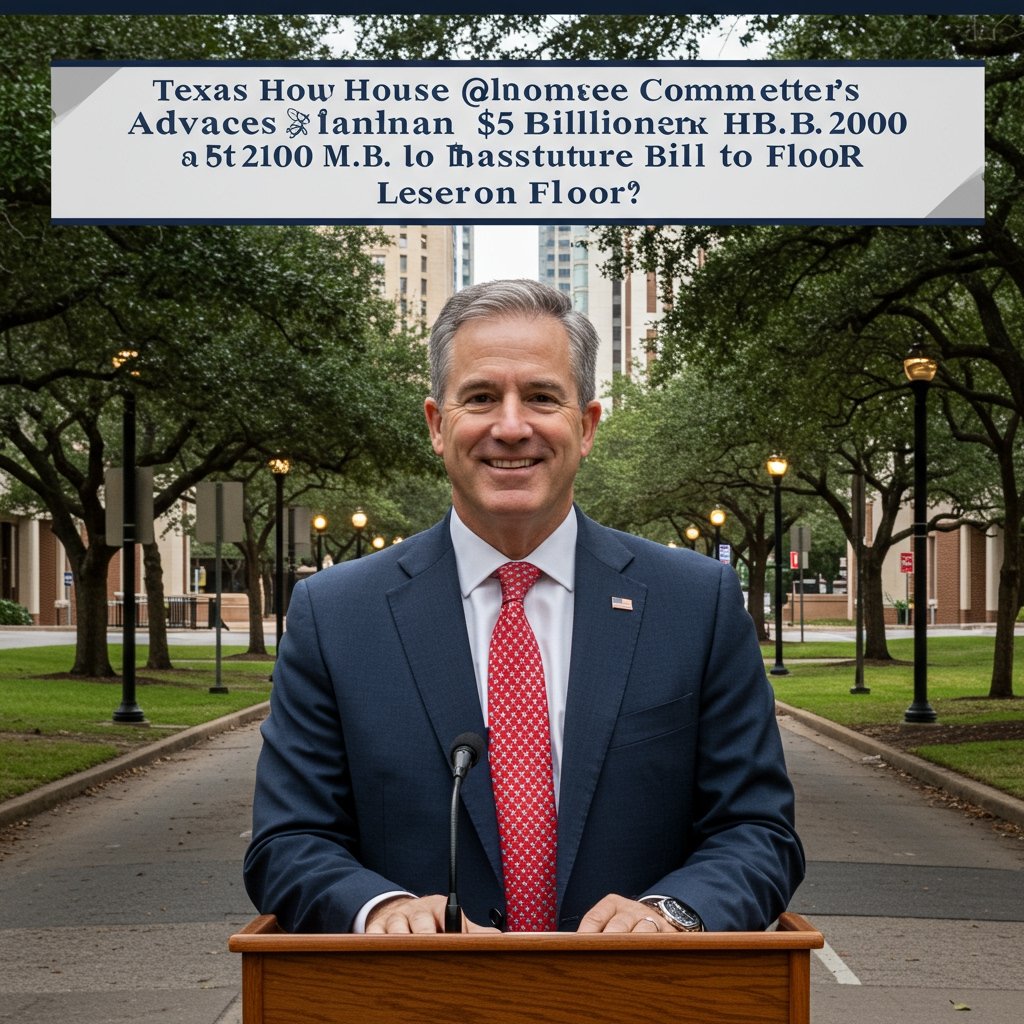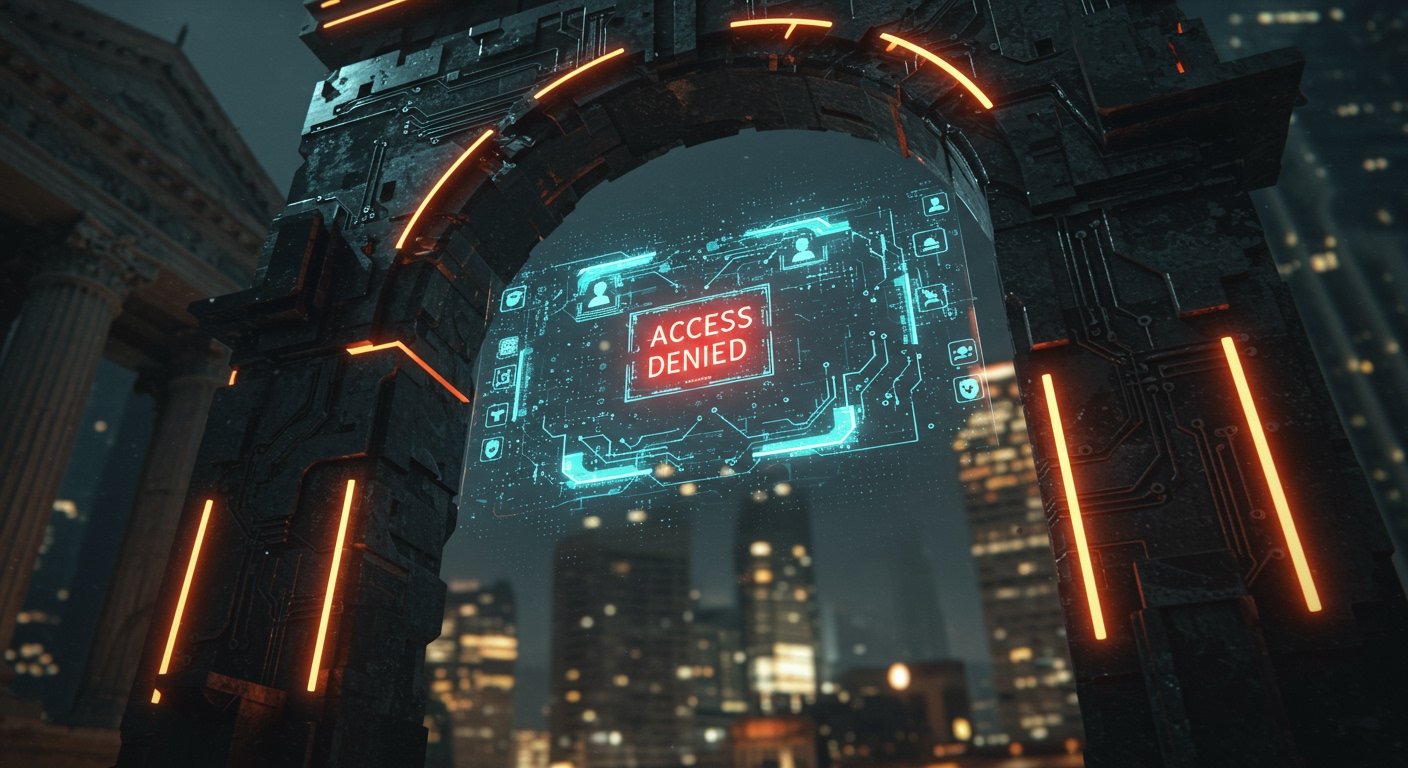Texas House Transportation Committee Advances Major Infrastructure Bill H.B. 200
Austin, Texas – In a significant move for the future of the state’s transportation and energy infrastructure, the Texas House Transportation Committee voted 15-5 on March 18, 2025, to advance H.B. 200 to the full House floor. This comprehensive legislative package proposes a robust $5 billion investment aimed at undertaking critical improvements to Texas state highways and simultaneously updating vital components of the state’s energy grid.
The bill, championed by State Representative Maria Rodriguez, is one of the cornerstone pieces of legislation this session, addressing long-standing concerns about road congestion, aging transportation networks, and the resilience of the state’s power delivery system. The committee’s vote followed a lengthy and detailed hearing process held at the State Capitol in Austin, during which lawmakers heard testimony from a wide range of stakeholders, including transportation advocates, industry representatives, local government officials, and concerned citizens.
Key Provisions and Committee Amendments
H.B. 200, as initially filed, outlined a broad scope of projects, focusing primarily on expanding highway capacity in high-growth areas, repairing deteriorating road surfaces across the state, and investing in technology to enhance traffic flow and safety. A notable, and somewhat unexpected, addition to the bill’s scope was the inclusion of funding for updating critical grid components, a provision that reflects recent legislative focus on energy infrastructure resilience following past challenges.
During the committee’s deliberation, a significant amendment was adopted that altered the bill’s funding allocation. Originally, H.B. 200 proposed allocating $500 million towards urban rail projects in Texas’s largest metropolitan areas. However, the adopted amendment redirected this specific $500 million to rural road maintenance and improvement projects across the state. This change represents a strategic shift in priorities, emphasizing rural infrastructure needs over urban transit development, a point that became a focal point of debate.
Representative Rodriguez, in presenting the bill and accepting the amendment, emphasized the need for a balanced approach to infrastructure investment that benefits all Texans, regardless of where they live. Supporters of the amendment argued that rural roads are essential for connecting communities, supporting agricultural and energy sectors, and ensuring access to markets and services. They contended that past funding has disproportionately favored urban centers, and this reallocation helps address that imbalance.
Supporters Highlight Economic and Safety Benefits
Advocates for H.B. 200, including various business groups and transportation associations, lauded the committee’s decision. They argued that a $5 billion investment is crucial for Texas’s continued economic growth and competitiveness. Improved highways are seen as vital for the efficient movement of freight, reducing transportation costs for businesses, and facilitating trade. Furthermore, proponents stressed the safety benefits of modernizing roads, citing statistics on accidents related to poor road conditions.
The inclusion of funding for grid component updates was also praised by supporters as a necessary step to prevent future energy crises and ensure reliable power delivery, which is inextricably linked to transportation infrastructure (e.g., electric vehicle charging, traffic signals). They argued that the bill represents a forward-thinking approach to infrastructure that addresses both mobility and energy resilience needs simultaneously.
Opponents Raise Concerns Over Funding and Urban Impact
Despite the favorable vote, H.B. 200 faced significant opposition during the committee hearing. Opponents, including representatives from several large Texas cities and public transit advocacy groups, voiced strong concerns regarding the bill’s funding mechanisms and, particularly, the impact of redirecting the $500 million originally earmarked for urban rail.
Critics argued that while rural roads are important, the decision to strip funding from urban rail projects would severely hinder the development of crucial metropolitan transit systems. They highlighted that cities are grappling with escalating congestion, pollution, and the need for alternative transportation options as their populations continue to grow rapidly. Diverting funds away from transit, they contended, represents a step backward for urban mobility and quality of life.
Concerns were also raised about the overall funding structure of the $5 billion package. Opponents questioned the long-term fiscal implications, potential sources of revenue (such as bonding or fee structures), and whether the proposed funding methods were the most equitable or sustainable. They called for greater transparency and potentially alternative funding models that might have less impact on future state budgets or place undue burden on taxpayers.
The Road Ahead: Full House Consideration
The 15-5 vote reflects a strong majority within the Transportation Committee but also indicates that the bill is not without its detractors. The dissenting votes signal that debates surrounding funding priorities, the balance between urban and rural needs, and the specific components of the $5 billion package will continue as H.B. 200 moves to the full Texas House floor. The legislative process allows for further amendments and extensive debate among all 150 members of the House of Representatives.
The passage of H.B. 200 through committee is a critical milestone, but the journey to becoming law is far from over. The bill will face intense scrutiny, potential further modifications, and a final floor vote before it can move to the Texas Senate for consideration. The outcome of the upcoming debates will ultimately shape the future of infrastructure investment in Texas for years to come.





